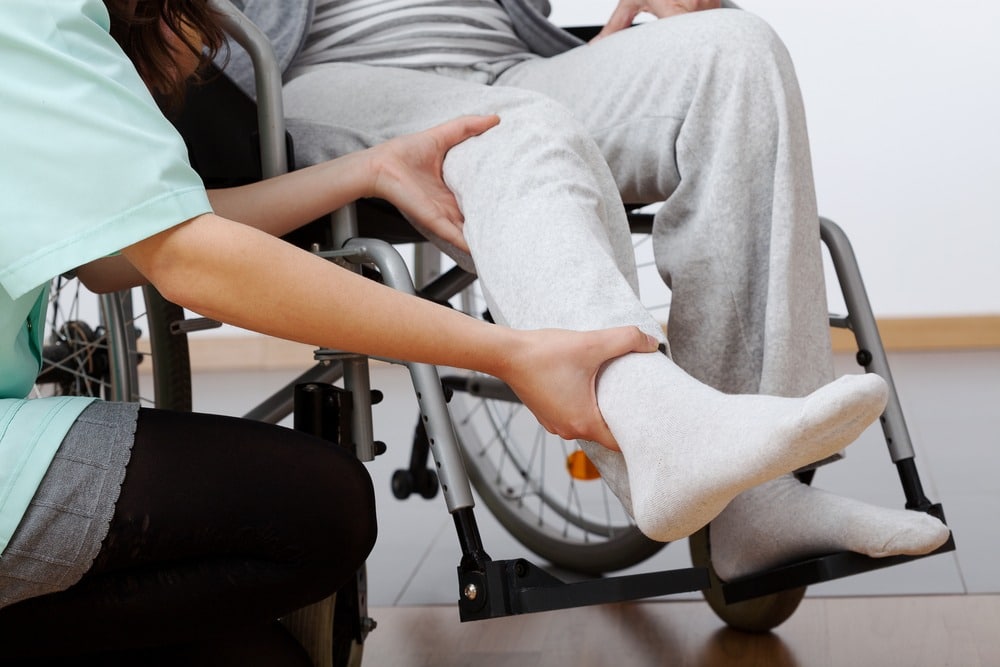How Much Can I Sue For In a Baltimore Personal Injury Case?

Baltimore injury and accident lawyers deal with dollar figures as part and parcel of their trade. There are really three important numbers, $5,000, $25,000 and $75,000. There are two state court systems, or venues, in which Baltimore accident and injury lawyers file cases. District court, which is generally for smaller claims, and Circuit Court, for larger claims. Personal injury compensation can vary significantly depending on the specifics of the case, including the severity of the injury, the circumstances surrounding the injury, the level of negligence or fault, the impact on the injured person’s life, and many other factors. Obviously, the guidance of an experienced personal injury lawyer is a key ingredient in the process.
Any personal injury plaintiff in Baltimore files suit with one aim in mind: money [i.e., financial compensation for what has been damaged, injured, or lost.] Maryland law labels that financial recovery “damage” or “damages”, and further broadly divides that concept into two constituent ones. Compensatory Damages: This is intended to make the injured person “whole” again from a monetary perspective. It covers both economic damages (like medical bills, loss of earnings, and future medical care) and non-economic damages (like pain and suffering, emotional distress, and loss of consortium or companionship). Punitive Damages: These are awarded in cases where the defendant’s actions were particularly harmful or reckless. They’re meant to punish the defendant and deter similar behavior in the future.
What Are the Jurisdictional Limitations for Baltimore City Courts?
Whatever the legal theory of the case, or the type of damage claims, Baltimore Courts are limited by statute, rule, or in some instances, the state constitution itself, in what types of cases they can entertain by the amount sought in the case.
5,000 or less: This is considered a small claim. The largest single advantage to proceeding in this fashion is that the Rules of Evidence do not apply. Filing a case for 5,000 or less allows for the introduction, for example of documents without the need to call records custodian or the author of the document as a witness. Indeed, perhaps even reports or documents that would typically be inadmissible hearsay would not be barred from inclusion in evidence.
25,000 or less: This is a newly increased limit. For many years, Baltimore personal injury Plaintiffs were faced with a choice of limiting their claim for damages- perhaps artificially- to $15,000 or less if they wanted the case to remain in the District Court for Baltimore City. A prior version of the law allowed the defendant to “transfer” the case up to the Circuit Court for Baltimore City and request a jury trial. That limited has recently been increased to 25,000, giving the injured Plaintiff an extra 10,000 in play. Now, transferring the case might be ok with the Plaintiff, or, there might have been tactical or strategic reasons for that Plaintiff to file for 25,000 or less so as to proceed in the District Court, and stay there. Perhaps the principal advantage for a district court Plaintiff is the ability to proceed in the case using an evidentiary shortcut called a “10-104” submission.
$75,000: Technically the key number here is “in excess of $75,000”. A claim filed for more that $75,000 can be “removed” by a defendant to Federal Court. The jurisdictional rules applicable to federal cases is beyod the purview of this article. If a case if filed in the range of $30,000 to $75,000 it would be guaranteed to remain in the Baltimore City District Court.
Is Trial In District Court Preferred For A Baltimore Injury Case?
The answer to the question of how much I cansue for in a Baltimore car accident case and how much I should sue for are not always the same. It goes without saying that any injured person wants to maximize the amount they may receive in compensation for their injuries. But there may come a point, where the gears begin to grind, a point at which it might make sense for the person to seek less, to gain a perceived advantage of a tactical nature in the prosecution of the case.
In this author’s opinion, the biggest single advantage to proceeding in the District Court in a Baltimore injury case is the availability of the process spelled out in Courts and Judicial Proceedings Article 10-104. The most important part of this section provides that:
“ A writing or record of a health care provider made to document a medical, dental, or other health condition, a health care provider’s opinion, or the providing of health care is admissible without the support of the testimony of a health care provider as the maker or the custodian of the writing or record as evidence of the existence of a medical, dental, or health condition, the opinion, and the necessity and the providing of health care. A written statement or bill for health care expenses is admissible without the support of the testimony of a health care provider as the maker or the custodian of the statement or bill as evidence of the amount, fairness, and reasonableness of the charges for the services or materials provided.”
The advantage created by this section is that a Plaintiff is relieved from the burden of calling medical expert to trial to testify as to the reasonableness of the charges and the necessity and relatedness of treatment. Physicians, like all of us, are busy, and their time is valuable, as all of our time is. Because of the knowledge training and experiences of the physician, their time comes with a higher price tag. It may shock some to learn that some physicians may charge a “minimum” of 7500 to 10,000 to appear in court and testify. The ability to proceed with that expenditure and potentially get the exact same result is of an immediate an obvious advantage to any injured person.



